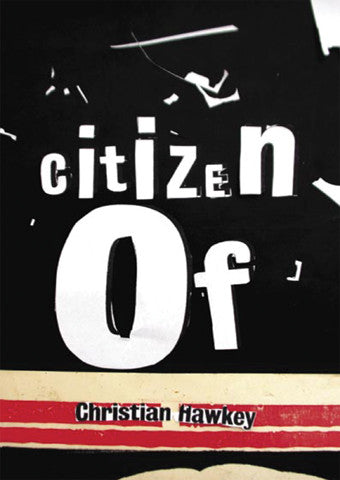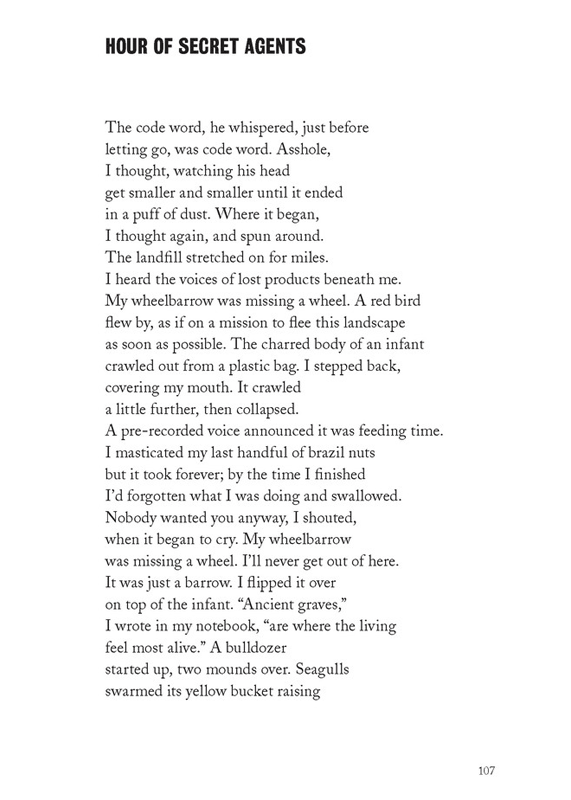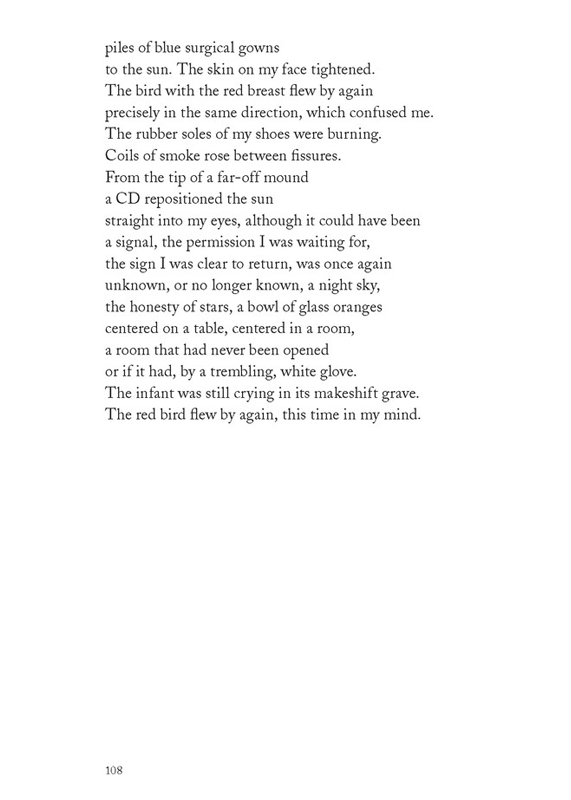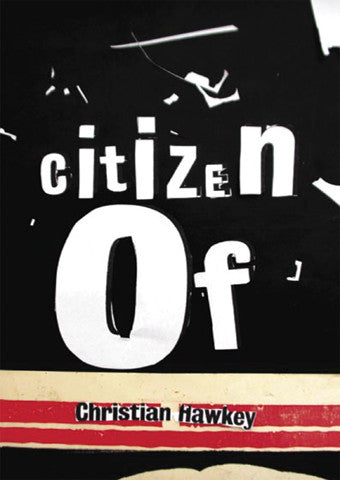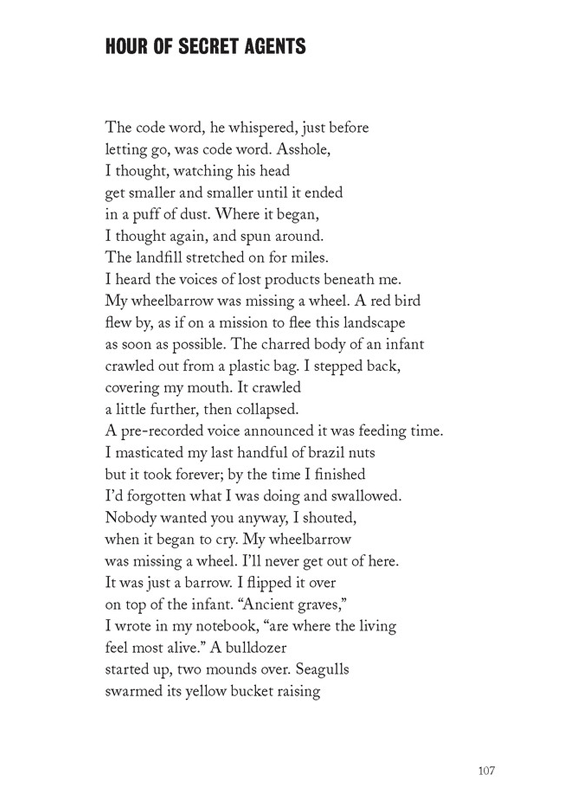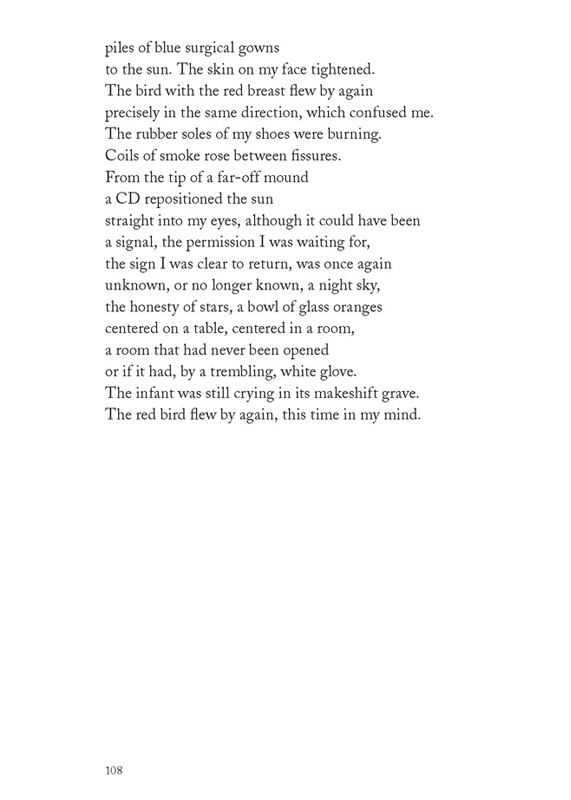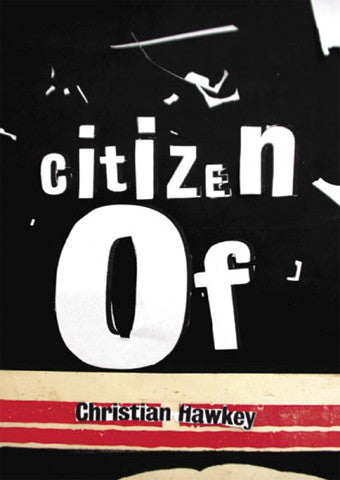
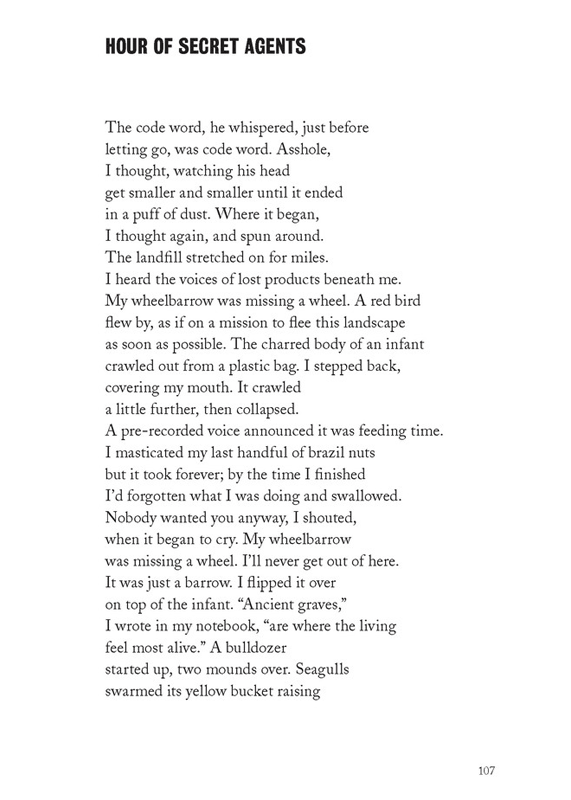
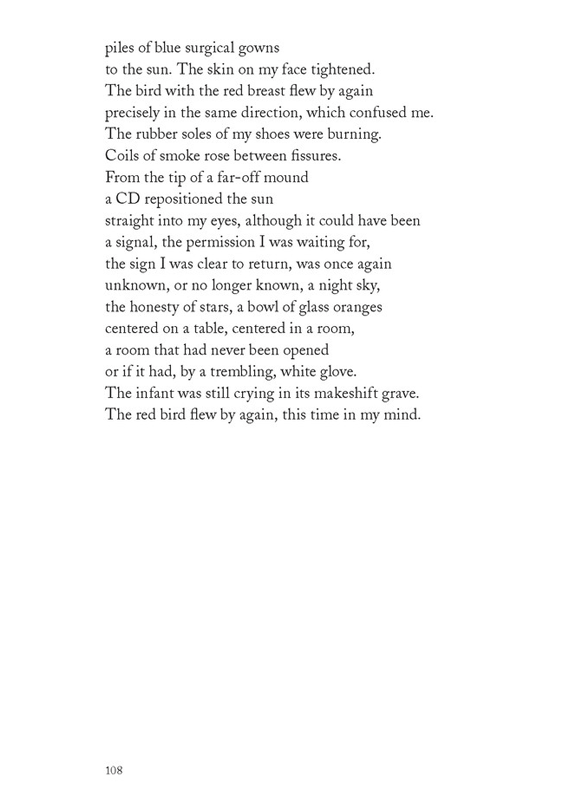
Citizen Of
Citizen Of
-
My chest is a kind of topsoil
it always slips off in the rain
An edgy and ominous second collection from one of contemporary poetry’s most promising new voices. In blurring the line of reality versus imagination, this turbulent dreamscape calls into question the frightening and surprising nature of the actual world. -
The title of this collection serves as a challenge to readers in a political climate where alarmism seems to alternate with complacency. “Hour with One Hand Inserted in a Time of War” asks, “Should we / stand guard at the Level of One Hand Raised / to Block the Lemon Seed of the Sun / or should we push off, down the tunnels, / dig a hole in the side of a wall & wait?” Hawkey effectively conjures a contemporary scene that seems peaceful, even while “Landmines whisper sideways underground.” Everyone, he says, is “no longer / a crow’s nest but a cluster of nests, / urban, suburban, some with turbans.” Humor, stemming more from exasperation than from delight, eases immersion into the tight-knit poems, but amid the laughter a loud alarm rings: “At least the bird’s brain was focused / on something.”
The New Yorker
In his eagerly awaited second book, Hawkey continues to delve into surreal landscapes and word-bending sentences to create playful poems that entertain while also seeking orientation and stability in an imaginary world that mirrors the real one all too well. In an almost always deadpan tone, and usually in uneven columns or narrow couplets, Hawkey repurposes animals (“A horseshoe crab is a beautiful helmet”), relates natural and human phenomena (“pardon my shoulders,/ they shake when I laugh,/ the way the tip of a ship's mast/ records, for no one-not even the sky-/ the contours of a given wave”) and notes the precariousness of everyday life (“I tried to move the hole/ but there was another hole/ beneath it, which I fell through,/ over and over”). Poems with the word “hour” in the title, spread throughout the collection, portray slices of unusual life: “Drainage/ occurs, in real time.” Though they sometimes fizzle out at the end, there is much that is interesting in every one of these poems.
Publishers Weekly
More than anything, Hawkey sustains these 126 pages with a wit that emerges from the contemporary bog of poetic near-humor as a stranger, funnier, more aware and more able variety of humor- one interested in topics as varied as corn and anarchy, and which is able to contort political reality and abstract space with the same fluidity. The odd and evident truth of statements such as “we are happily held vertically alive‚” or “A bookcase, / viewed from behind, is not / the back of anyone’s brains,” is an aspect of these poems (perhaps suggested by the absent yet implied word or phrase in the book’s title) that gives value to the momentary comprehension of one significant particular, made greater for knowing it in the absence of the whole.
Samuel Amadon, Rain Taxi
At its simplest, a book like Citizen Of can be read as a kind of Tigger poetics (flouncy, bouncy, fun fun fun), and so long as you're not somebody incapable of reading poetry that doesn’t adhere to the social realism of an Auggie Kleinzhaler or Ted Kooser, this book is one delight upon another.
Ron Silliman, Silliman's Blog
In Citizen Of [Hawkey] allows his sprawling, rhizomatic poetics to include more. And ultimately this is the ethics of the book, one in which the poet does not look at an idea & comment on it but, through the rhetoric available exclusively to poetry, finds the spots where the distant becomes part of the immediate & personal.
Mathias Svalina, Octopus Magazine
If Hawkey’s first collection concerned itself with how one situates oneself in landscapes that are largely personal, then this book concerns itself more with how we situate ourselves in broader contexts; how we construct ourselves as “citizens of” towns, nations, the earth and the whole world.
Kathleen Rooney, Open Letters
Hawkey writes in the tradition of John Ashbery. His poetic M.O. “to invoke a world that differs from ours in slight, suggestive ways” is perfectly encapsulated in “Birth of a Nation,” found halfway through this rollicking sophomore book, in which he asks, “is the measure of a nation how they dispose / of their waste? (If an island, how sad for the sea).” Wry, cynical and always awake to the political overtones of his surreal inventions, Hawkey likes to capture the inhabitants of his ur-world in the confusing act of self-realization, such as one man who is caught “making a video of himself typing / as a way to make what he was typing / real.” A few poems end insubstantially, but they’ve more than done their work by then.
Publication Date: April 1, 2007
ISBN# 9781933517162 (5.5x8.5 136pp, paperback)
ISBN# 9781933517179 (5.5x8.5 136pp, limited edition hardcover)
Couldn't load pickup availability
